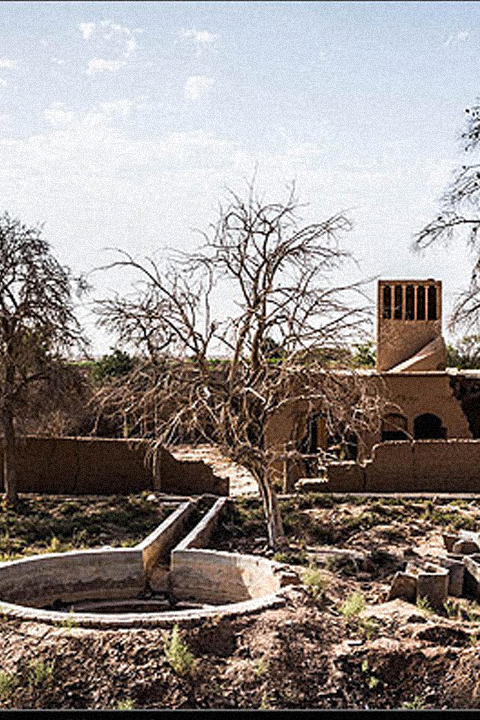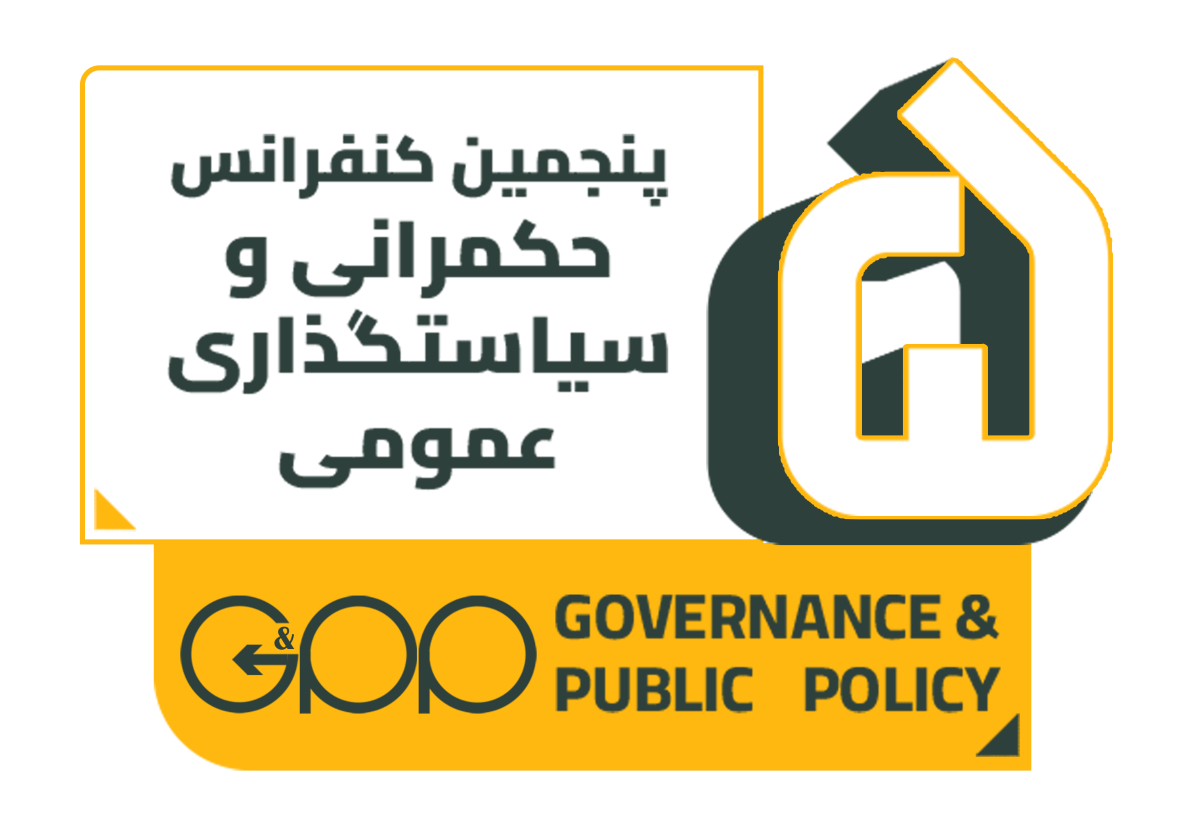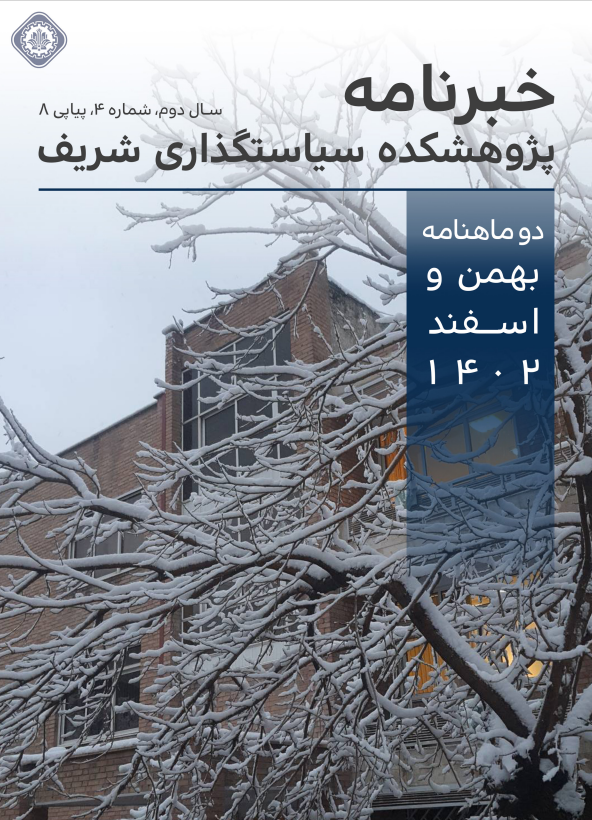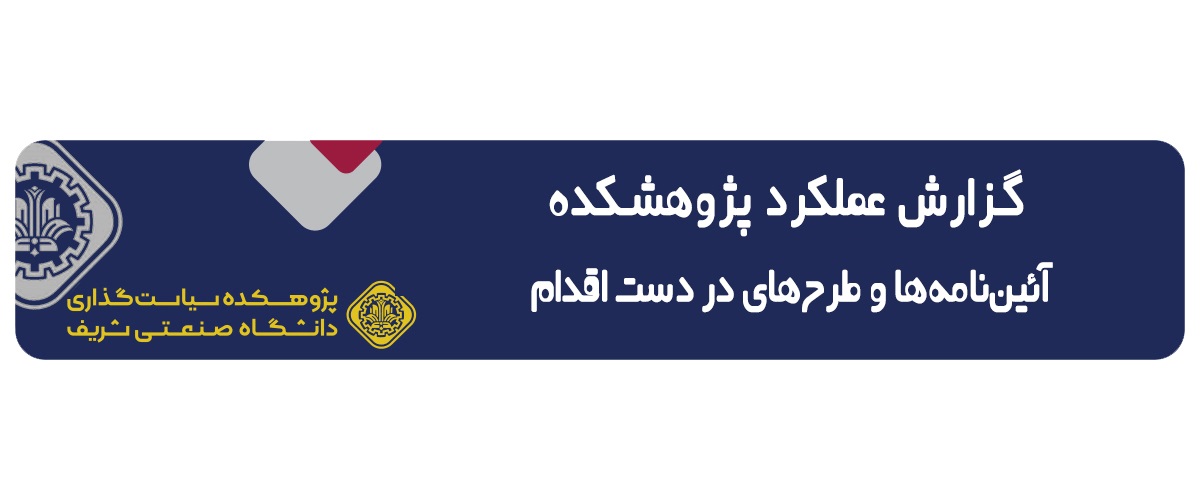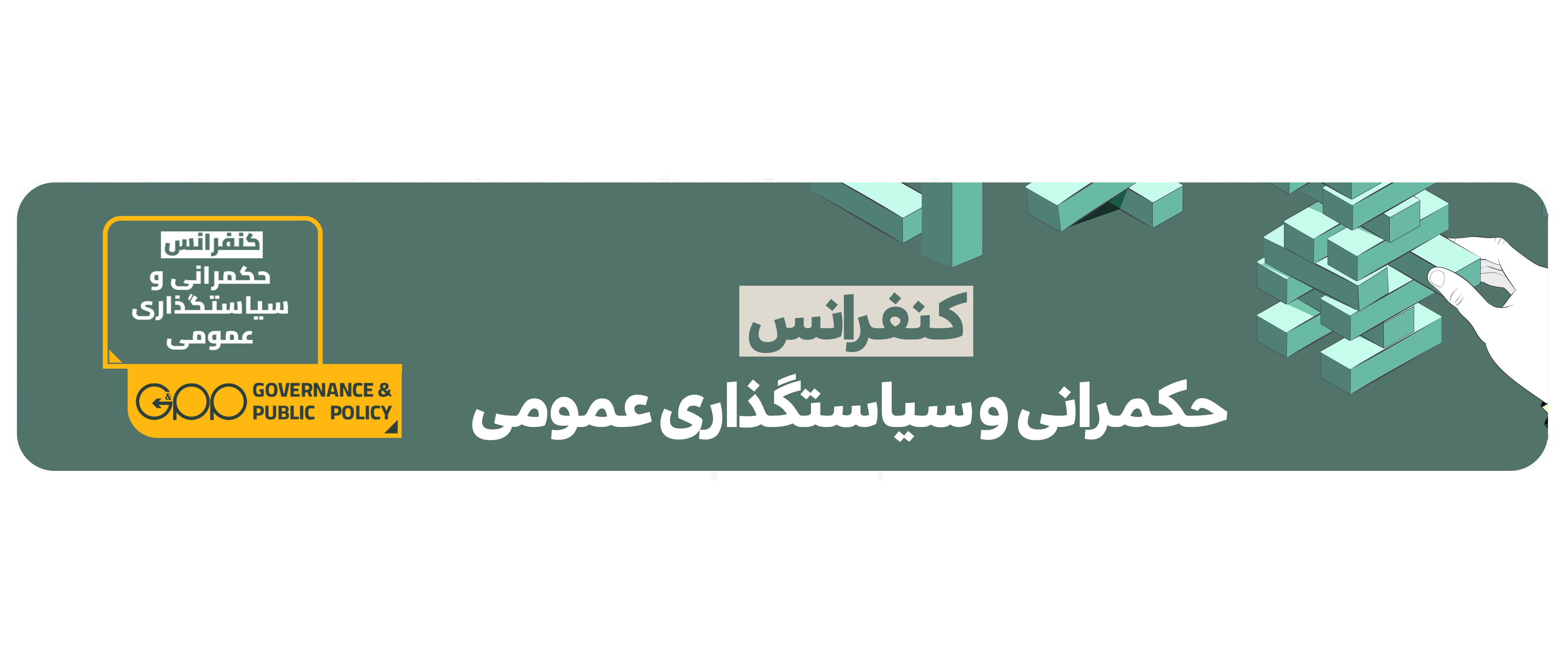چکیده
The groundwater system in the Rafsanjan aquifer perpetuated sustainably for decades before 1950s; however, its groundwater resources have been overexploited in the recent decades. In this paper, we aim to investigate the water governance system to understand the reasons behind the ongoing overexploitation. Sustainability processes are considered a policy implementation problematic. As such, we employ the contextual interaction theory as a policy implementation framework to assess the groundwater governance as part of the context for the conservation policy. Data for this qualitative research were gathered from legal texts, articles, technical reports, and multiple interviews with authorities and groundwater users. The assessment results revealed that the poor quality of the governance system is central to the ineffectiveness of the conservation policies. Findings of this paper can be relied on to devise tools to underpin an appropriate context to sustain groundwater resources.


